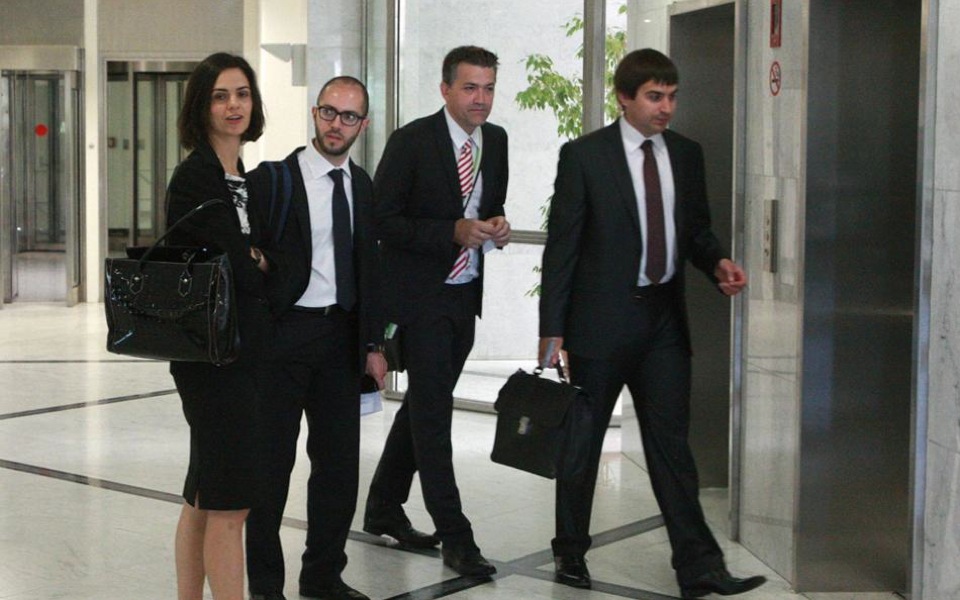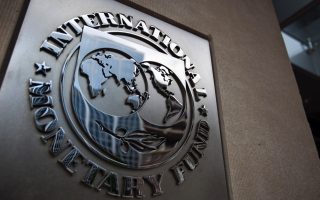IMF’s new head of Greece staff team is veteran of Cyprus bailout

The International Monetary Fund named a veteran of its Cyprus bailout as head of it staff team for Greece, the lender’s biggest borrower, as the cash-strapped nation seeks more money from creditors.
Delia Velculescu will replace Rishi Goyal as mission chief for Greece, the Washington-based IMF said in a statement late Tuesday. Goyal is moving to another IMF assignment after more than two years in the post, the fund said. Velculescu reports to Poul Thomsen, head of the IMF’s European department, who oversees the Greek bailout and has also held the mission-chief position.
Velculescu will be a key figure in gathering information from the Greek government and making a recommendation to the IMF’s board on disbursing more money to the nation, as talks with Europe begin on a new aid package worth as much as 86 billion euros ($94 billion). The bailout proposed by European leaders this month is conditional on Greece seeking a new IMF loan program once the current one expires in March.
Velculescu became mission chief for Cyprus in 2012, and has been involved in assignments with Greece, Iceland and Italy. She joined the IMF in 2002 and holds a master’s degree and doctorate in economics from Johns Hopkins University.
In a 2010 IMF paper titled “Some Uncomfortable Arithmetic Regarding Europe’s Public Finances,” Velculescu wrote that Greece and Cyprus were among European nations that may have worse fiscal outlooks than traditional indicators showed due in part to “very high aging costs.”
Cyprus bailout
Cyprus, the second-smallest economy in the 19-nation euro area, is emerging from the crisis that forced it to seek a bailout, seize deposits and impose the currency zone’s first capital controls two years ago, after what the IMF called one of the largest banking collapses on record.
The restructuring of Greece’s 200 billion euros of privately held debt in 2012, the largest such move in history, left Cyprus’s banks, big holders of that country’s sovereign bonds, with 4.5 billion euros in losses.
At the time, the European Central Bank and the IMF told Cyprus the only way it would get the money it needed for a bailout was to seize deposits at the two largest banks and convert the funds into equity, the first time such a tactic had been used in the euro area.
[Bloomberg]





